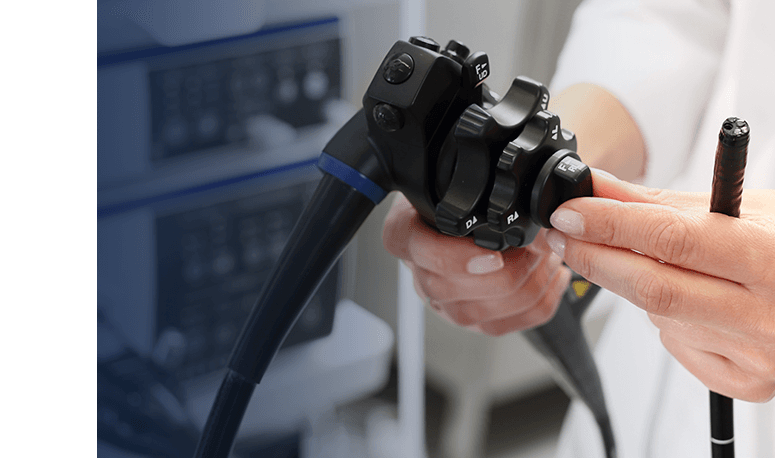It’s not uncommon for people to put off their colonoscopy because they are worried about the sedation or discomfort. You may have even thought, “What if I can’t wake up after the anaesthesia?” or “Will I feel anything during the procedure?”.
Yet the truth is, delaying your screening can mean missing early signs of colorectal conditions, which are far easier to treat when detected early. The good news is that modern colonoscopy procedures in Singapore are designed with comfort and safety in mind. There are several sedation options available to help you feel calm and pain-free throughout the process.
Read on to learn about the different types of sedation used, how to prepare for them, and what to expect before and after your procedure.
Different Types of Colonoscopy Sedation
During a colonoscopy, anaesthesia is used to ensure patient comfort and reduce anxiety. The type of anaesthesia chosen depends on the patient’s medical history, procedure complexity, and personal preferences. Let’s look at the two main types commonly used.
Local Anaesthesia (Sedation or Conscious Sedation)
If you prefer a lighter form of sedation where you remain semi-awake, this option is often recommended. Medication is given through an IV to help you feel drowsy and calm, so most people remember little to nothing afterwards.
Recovery is usually quick, allowing patients to resume normal activities within a few hours. Compared with general anaesthesia, this approach carries fewer risks and requires less intensive monitoring.
General Anaesthesia
For some people, being fully asleep provides greater peace of mind. Under general anaesthesia, you are completely unconscious and won’t feel or remember anything during the procedure. A breathing tube is used, and your vital signs are closely monitored by the anaesthesia team throughout.
Recovery usually takes a bit longer since the sedation is deeper. This option is generally reserved for longer or more complex procedures, or for patients who experience strong anxiety or have medical conditions that make lighter sedation unsuitable.
How Should I Prepare for Anaesthesia?
Proper preparation significantly reduces potential risks and complications associated with anaesthesia during colonoscopy procedures. To help you prepare:
- Avoid herbal supplements for 1 to 2 weeks before the procedure, as some can interfere with anaesthetic drugs or affect blood pressure and clotting.
- Follow medication instructions carefully. Certain blood pressure medicines may be continued, while others may need to be paused.
- Stop medications for erectile dysfunction at least 24 hours beforehand, as they may interact with anaesthetics and cause blood pressure to drop.
- Quit smoking at least two weeks before the procedure to improve recovery and anaesthesia safety.
- Fast before the procedure; avoid solid foods for at least 8 hours and clear liquids for 2 hours unless your doctor advises otherwise. Fasting helps reduce the risk of aspiration during sedation.
- It can take a while for the sedative to wear off, so arrange for transportation home as it is not considered safe to drive, or take public transportation on your own.
What Are the Potential Complications of Anaesthesia?
Anaesthesia during a colonoscopy is generally very safe. However, as with any medical intervention, there is a small possibility of complications, including:
- Breathing or blood pressure changes: Anaesthetic medications can occasionally slow breathing or cause blood pressure to drop. These changes are usually mild and corrected quickly.
- Postoperative confusion (mainly in older adults): Older adults may experience temporary disorientation, memory lapses, or confusion, which typically resolves within hours to days.
- Allergic reactions to medications: Rarely, anaesthetic drugs can cause allergic responses, from mild skin rashes to severe reactions such as anaphylaxis. Your healthcare team is fully equipped to handle any such reactions immediately.
Feeling anxious about anaesthesia is perfectly normal, but don’t let it stop you from getting the care you need. A colonoscopy is a key step in preventing colorectal cancer by detecting and removing polyps early, long before they cause symptoms.
If you’re unsure which sedation option is right for you, schedule a consultation to discuss your specific concerns. Together, you can decide on an approach that keeps you both safe and comfortable.



